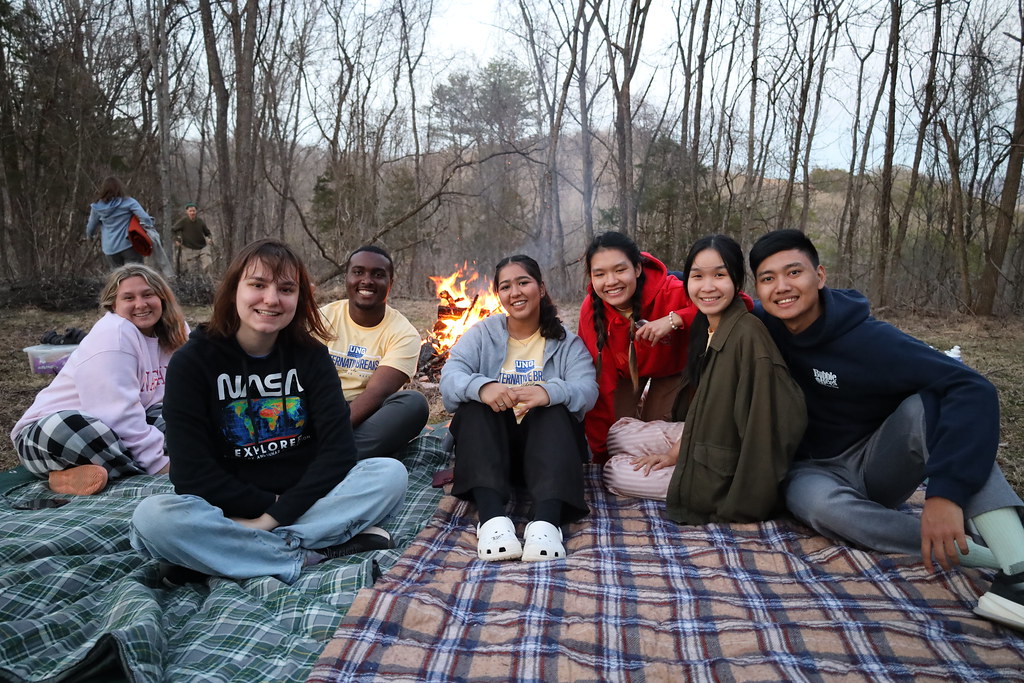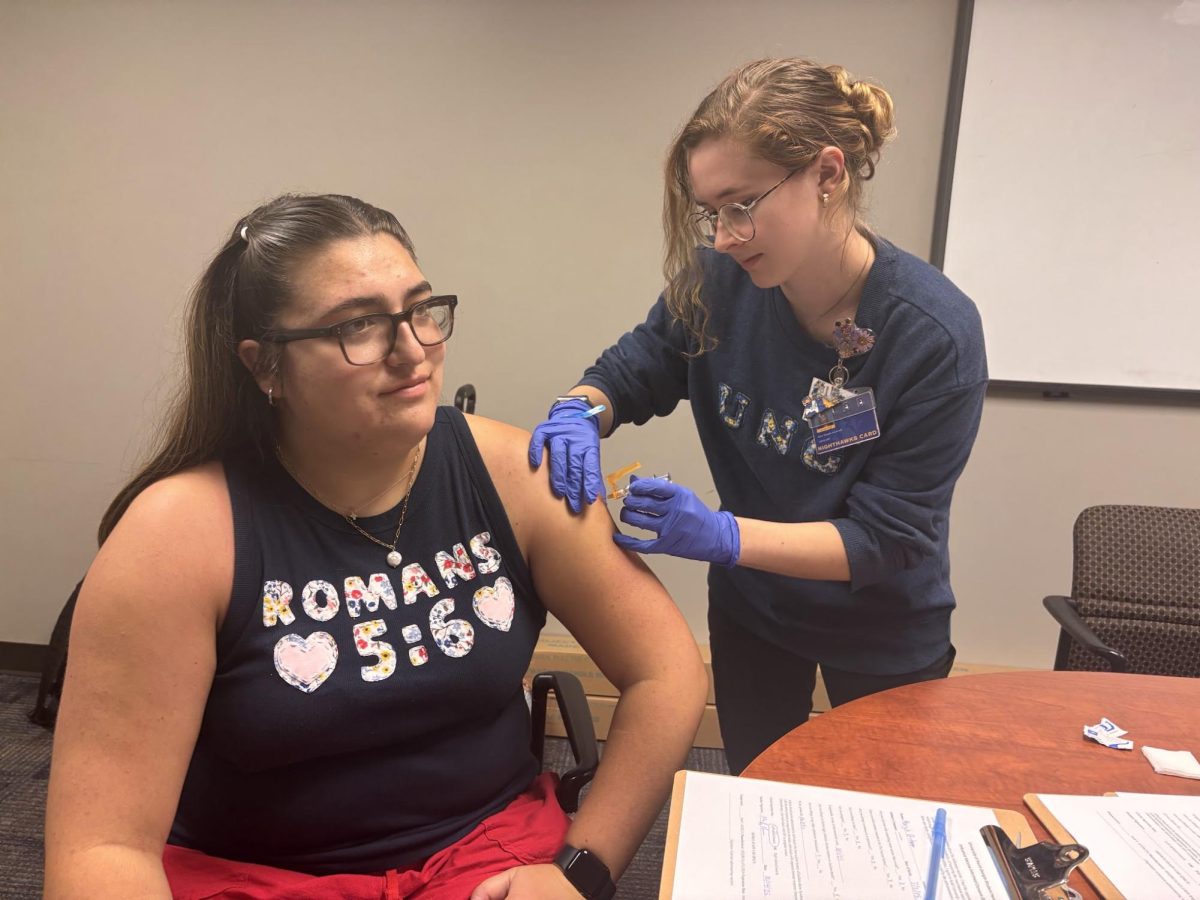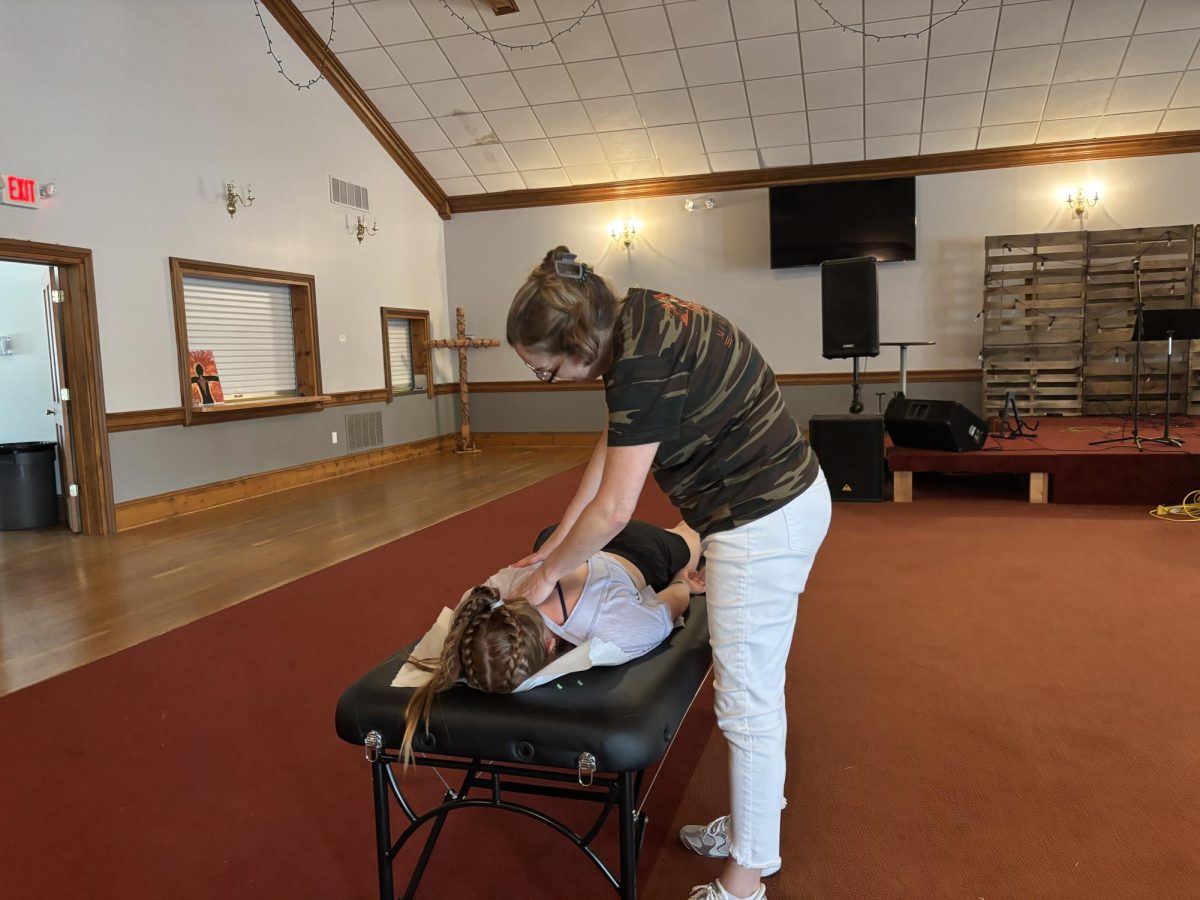As students returned from summer break, UNG’s campuses once again filled with activity. Alongside returning students, thousands of freshmen stepped onto campus, facing not only new coursework but also dramatic lifestyle changes.
With about 20,000 students, UNG is one of the state’s largest public universities. The university’s website says meeting the needs of the student body is a key priority, but Dr. Simon Cordery, director of the Student Counseling Center, says freshmen mental health is often overlooked.
“For American students, when freshmen come to college for the first time, it is frequently the first time they’ve lived away from home,” Cordery said. “It’s the first time they may be sharing a room, making decisions for themselves about when they’re going to do what and making choices — and that’s a lot of pressure.”
Freshmen report stress from both academics and social situations. Marissa Van Bever, a freshman business major, said the workload can be overwhelming.
“Having tests, being in class on time and parking definitely stress me the most,” she said. “There are so many different assignments, that’s what makes me stressed.”
For others, social adjustment can be equally challenging. Reece McLaughlin, a freshman majoring in criminal justice with a concentration in forensics, said starting conversations is difficult.
“It’s hard to go up to people and just start a conversation,” McLaughlin said. “I have to review it in my head three times before I actually go up to that person.”
At UNG’s Dahlonega campus, about 10% of students are military cadets. Balancing military training with academics can intensify pressure, Cordery said.
“We do see a lot of cadets [in the counseling center], and I’m glad they come,” he said. “Cadets have two full-time jobs — they’re full-time students and full-time cadets. That creates stress and helping them figure out how to navigate that in a way that keeps them doing well in school and in the corps is important.”
To ease the transition, the Student Counseling Center reaches out to students early in the semester. Cordery said his team introduces services during orientations, sets up information tables during “Weeks of Welcome” and trains resident assistants to connect students with counseling resources.
“We want them to know we’re not scary, and that they can come and ask for help,” he said.
Still, Cordery says, a stigma around mental health persists. He emphasized that counseling is not only for severe disorders.
“Most of what we do is just helping a normal college student navigate stress,” he said. “One of my favorite quotes about college is — it’s the best day of your life, then the worst day of your life, then the best day of your life again, all before lunch. There’s a lot of emotional volatility, and we want them to know it doesn’t have to mean they’re depressed.”




























